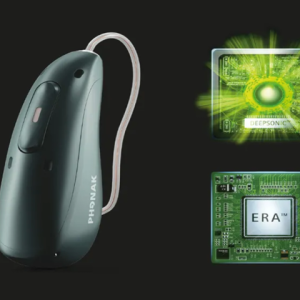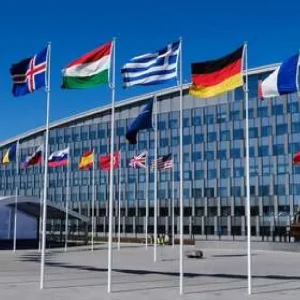
Mastercard says it has teamed up with enterprise “blockchain” software firm R3 to develop and pilot a cross-border, “blockchain-enabled” payments system for banks, in what it described as a natural evolution of its multi-rail strategy.
The partnership will initially focus on “connecting global faster payments infrastructures, schemes and banks supported by a clearing and settlement network operated by Mastercard”, the two said in a joint statement.
New York-based R3 is the company behind the decentralised database system Corda, which is not strictly a blockchain (nobody tell Mastercard).
As R3 notes in a technical whitepaper: “Corda does not order transactions using a block chain and by implication does not use miners or proof-of-work.”
For those unwilling to burn brain cells on a predictably (for the distributed ledger technology world) torturous whitepaper, Corda is an authenticated peer-to-peer network of nodes, each of which is a Java Virtual Machine (JVM) run-time environment hosting Corda services and executing discrete applications. (This is augmented with a custom sandbox “radically more restrictive” than the ordinary JVM sandbox)
A shorter whitepaper notes that “Our contracts can be written in any ordinary programming language that targets the JVM. Corda allows arbitrarily-precise time-bounds to be specified in transactions (which must be attested to by a trusted timestamper) rather than relying on the time at which a block happens to be mined.”
Mastercard Corda Use: What’s the Plan?
Corda aims to choreograph workflow between firms without a central controller and has been designed to settle a long-standing financial services sector challenge: the issue of reconciliation. (The partnership comes as financial institutions increasingly toy with distributed ledger systems to tackle expensive reconciliation processes, which are often based on a combination of legacy systems and manual processes.)
By providing a single, shared version of events and one implementation of common business functions, such tools can help streamline transactions and limit frequent and expensive reconciliation disputes, which are commonplace.
As Mastercard puts it, the partnership will address… “factors such as high processing overheads, liquidity management and the existing lack of standardization and processes between banks and domestic clearing systems.”
David E. Rutter, CEO of R3, added: “All institutions – large or small – rely on the ability to send and receive payments, but all too often the technology they rely upon is cumbersome and expensive. Cross-border payments can be a particular pain point. Corda was designed specifically for enterprise use cases such as this.”
The partnership follows Mastercard’s acquisition of Transfast earlier this year and its move to buy a large component of Denmark’s “Nets” last month, amid ongoing consolidation in the payments industry as a combination of emerging technologies and use-case-specific startups gnaw away at established systems.
See also: Mastercard Buys Chunk of Denmark’s Nets for €2.85 Billion – Deal Adds “Depth and Scale” to its Technologies






